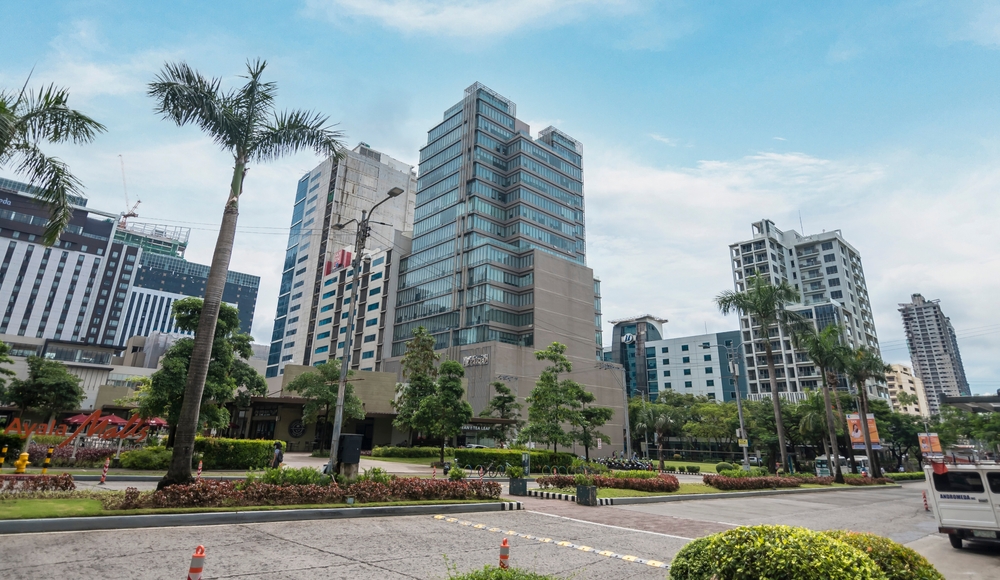Office spaces in the Philippines see an increase in demand, mostly coming from BPOs
Moreover, POGOs, which occupied the majority of office space prior to COVID-19, have slowly returned to the market

Business expansion and resumption continue to boost the Philippine economy, reported INQUIRER.net.
It is possible to keep this momentum, according to Colliers Philippines, especially when the office segment in Manila and outside the metro has seen positive net take-up within two consecutive quarters.
Mall space absorption, retail rents, and hotel occupancy rates are improving due to the confidence to spend and travel. Considering the current economic and property climate, Colliers Philippines recommends that developers expand their presence outside of Metro Manila as well.
The second quarter saw 146,700 sq m in new office space while there was a recorded 325,100 sq m of office transactions in the metro during the first half of the year.
The report revealed that the annual completion of office spaces will reach 543,3300 sq m between 2023 and 2026. Meanwhile, vacancy reached 17.7 percent in Q2, and it is expected to reach 18.2 percent by the end of the year.
In addition, it stated that increased construction activity is projected to keep vacancy rates high. The stock of Grade A office spaces in Metro Manila increased by about 47,400 square meters in the second quarter, bringing the entire inventory to 9.1 million sq m.
Data gathered by the Manila Bulletin showed that demand for office spaces will come primarily from the BPO industry, as it requires approximately 450,000 sq m of office space to accommodate the employees that were hired during the pandemic and the expected increase of employees in the coming years.
Moreover, the Philippine Offshore Gaming Operators (POGOs), which occupied the majority of office space prior to COVID-19, have slowly returned to the market.
Employees have been asked to return to their offices for several reasons. These include domestic and international economic recovery, companies’ preference for physical reporting of employees, and the government’s back-to-office mandate for PEZA-domiciled companies.
The Property Report editors wrote this article. For more information, email: [email protected].
Recommended
Meet the Bitkub CEO turning real estate on its head with cryptocurrency and tokenised ownership
Jirayut “Topp” Srupsrisopa, CEO of Thai crypto exchange Bitkub, is a true believer in the potential of digitised finance
6 sights to spot in Jardine’s Lookout, Hong Kong
With its sumptuous harbour vistas, this low-density area is one of the most sought-after in Hong Kong
Meet the architect rethinking disability in urban spaces and how cities can be reimagined
Author David Gissen outlines his vision for urban development that takes the needs of disabled citizens into consideration
Why Asia’s mixed-use developments are the future of real estate
Dynamic integrated communities are fusing real estate with commercial, leisure, and other amenities








